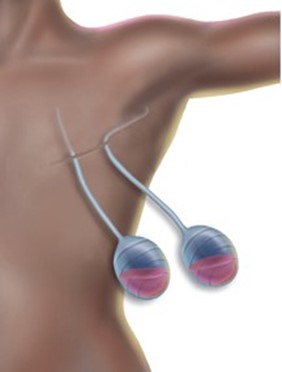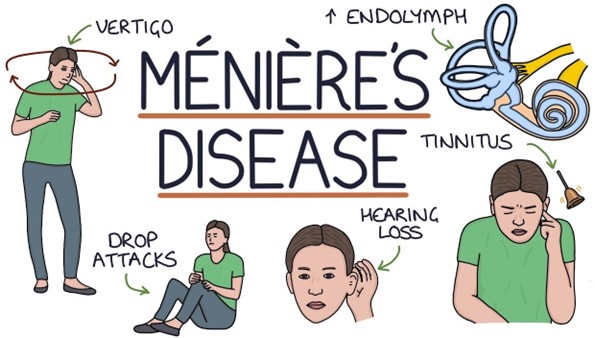A nurse is providing discharge teaching for a client who has asthma and a new prescription for a metered-dose inhaler.
Which of the following client statements indicates an understanding of the teaching?
"I should clean the cap of the inhaler once per week.".
"I should inhale the medication quickly".
"I should shake the inhaler before I use it.".
"I should wait 15 seconds between puffs.".
The Correct Answer is C
This statement indicates an understanding of the teaching because shaking the inhaler helps to mix the medicine inside the canister.

Choice A is incorrect because it is not necessary to clean the cap of the inhaler once per week.
Instead, it is important to clean the inhaler at least once a week or as directed.
Choice B is incorrect because one should inhale the medication slowly, not quickly.
Choice D is incorrect because one should wait 1 minute between puffs, not 15 seconds.
Nursing Test Bank
Naxlex Comprehensive Predictor Exams
Related Questions
Correct Answer is D
Explanation
“I should expect less than 25 mL of secretions per day in the drainage devices.” After a mastectomy with breast reconstruction using a tissue expander, you may go home with drains in your chest to remove extra fluid.

Choice A is wrong because performing strength-building arm exercises using a 15-pound weight is not recommended.
Choice B is wrong because waiting 2 months before additional saline can be added to the breast expander is not accurate.
Choice C is wrong because keeping the left arm flexed at the elbow as much as possible is not recommended.
Correct Answer is A
Explanation

This can help prevent dizziness and loss of balance, which are common symptoms of Ménière’s disease.
Choice B is not correct because range-of-motion exercises to the client’s neck every 4 hours are not a standard intervention for Ménière’s disease.
Choice C is not correct because aspirin is not always the recommended medication for headaches associated with Ménière’s disease.
Choice D is not correct because limiting fluid intake is not a standard intervention for Ménière’s disease.
Whether you are a student looking to ace your exams or a practicing nurse seeking to enhance your expertise , our nursing education contents will empower you with the confidence and competence to make a difference in the lives of patients and become a respected leader in the healthcare field.
Visit Naxlex, invest in your future and unlock endless possibilities with our unparalleled nursing education contents today
Report Wrong Answer on the Current Question
Do you disagree with the answer? If yes, what is your expected answer? Explain.
Kindly be descriptive with the issue you are facing.
